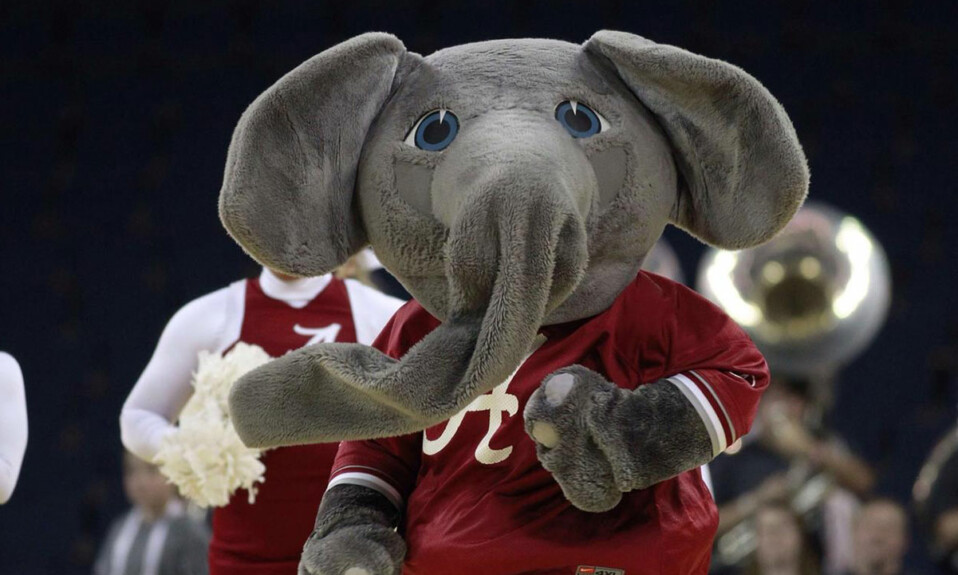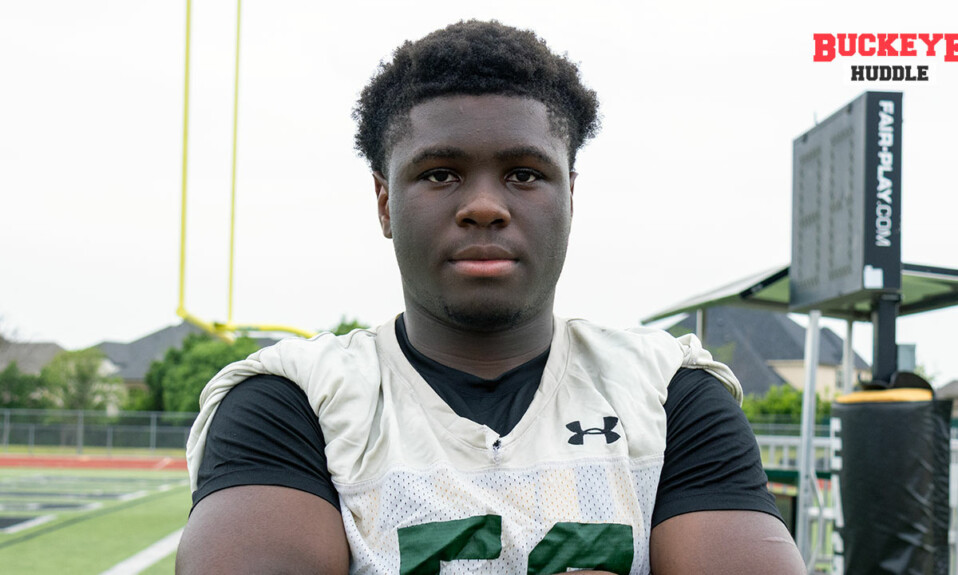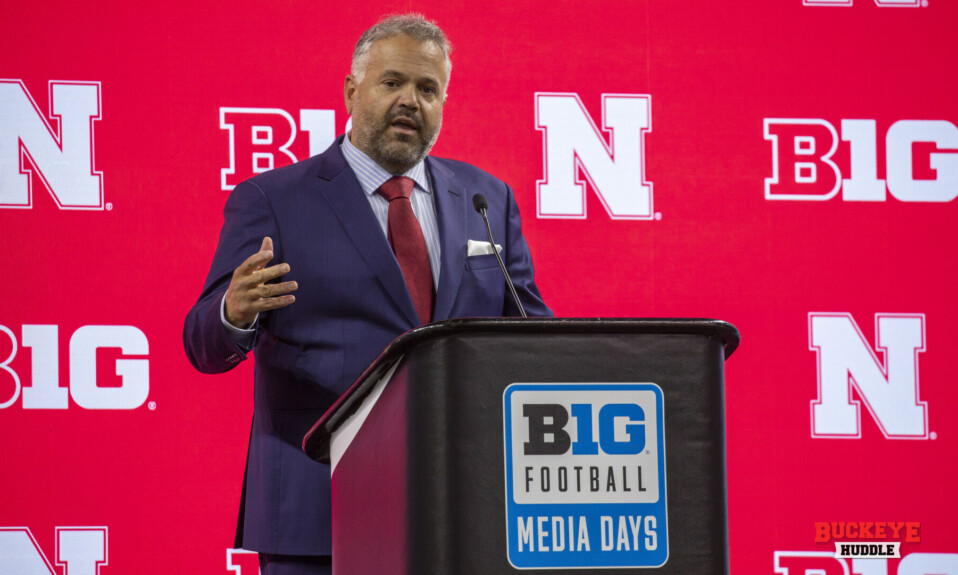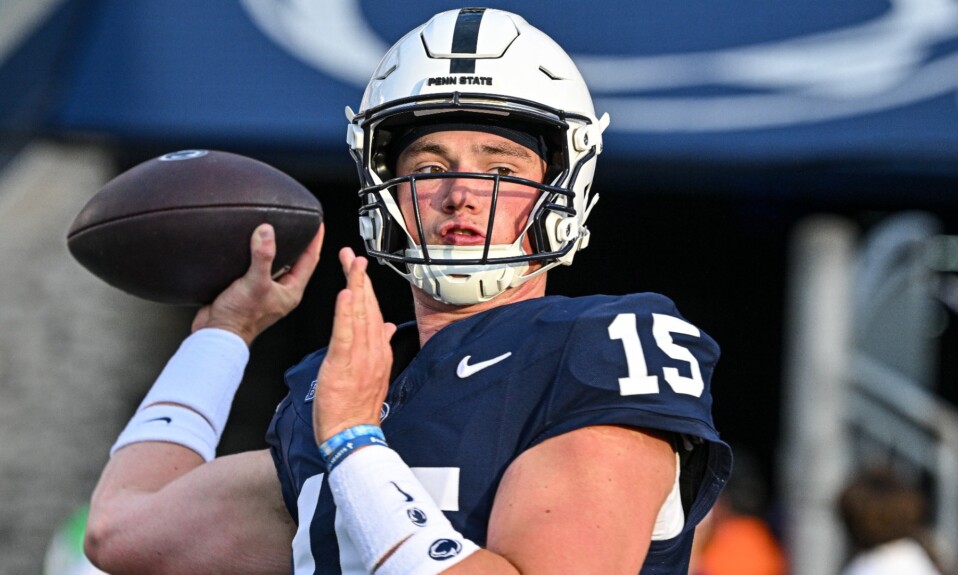The impact of conference realignment has reached farther than just the programs that compete on the gridiron.
The Knight Commission on Intercollegiate Athletics, which aims “to develop, promote and lead transformational change that prioritizes the education, healthy, safety and success of college athletes” according to its purpose statement, has publicly offered a stance on expansion that has riddled college football in recent years.
Knight Commission CEO Amy Privette Perko released a statement Thursday that described the expansion efforts of six Pac-12 programs as it “should be the final tipping point forcing university presidents to explain why the current structure is still in the best interests of all Division I college athletes in all sports.”
“These football-driven realignments create substantial challenges for basketball and Olympic sport athletes, who will spend much more time traveling and will miss many more classes with cross-country conference competition than football players,” Perko stated in a release.
Perko stated FBS-affiliated programs “are driven today by one all-consuming pursuit: The money chase.” It’s clear revenue distribution and financial payouts are near the center of discussions when it comes to things like one conference’s potential media rights deal or Florida State’s concerns of remaining in the Atlantic Coast Conference over revenue distribution.
Perko offered the idea of an independent college football governance model, detaching football from the rest of the sports offered in a program’s athletic department.
This isn’t the first time the Knights Commission proposed a new college football governance model.
Perko reemphasized the Knight Commission’s “2020 proposal for an overhauled structure” and clamed that it would “be better for athletes in all sports and improve governance.”
“An important feature of the proposed new national governance entity for FBS football is that it be overseen by independent directors, rather than by university presidents and conference commissioners with built-in conflicts of interest,” Perko stated in a release.
Perko pointed out that “a new national governance structure for FBS football could provide greater flexibility for competitive affiliations to be different for all other sports,” and that the “current NCAA structure and rules are restrictive on this point, requiring FBS football conferences to have at least eight programs that play regular-season competitions in basketball and a specified number of other Olympic sports.”
Perko also took a stance on the impact of the College Football Playoff, noting it “does not contribute a dime to the NCAA” despite the NCAA paying “tens of millions of dollars in national legal and health care costs for FBS football annually.”
Perko reiterated the idea of an independent college football model, and urged the NCAA to do more in its power over the distribution of payouts in order to be more fair and stable — having “FBS football be governed by its own entitity.”
“If university presidents want to continue pretending FBS football is just like other NCAA Division I sports, then the CFP meeting on August 30 to determine future revenue distributions of more than $1 billion dollars should be its last—and these decisions should be made by NCAA governance.”













